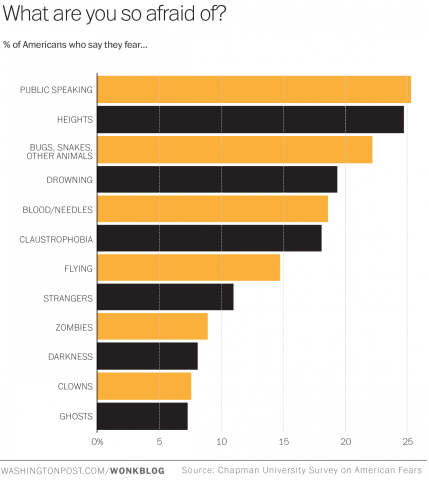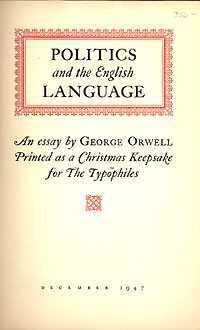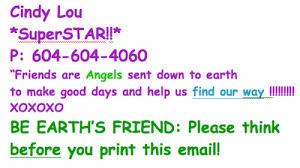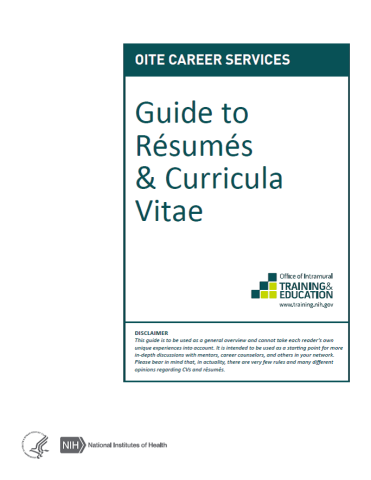Heads Up! With Thanksgiving, right around the corner, it is a terrific time to remind those of you who are (or will be) interviewing for professional schools, jobs and fellowships to send thank you notes. One of the standard steps of applying for opportunities, this type of professional correspondence is often overlooked by applicants. In many situations, a thank you note can be influential in moving you to the next stage in the process, or even obtaining an offer.
I arrived at NIH in October 2015. I attended the workshop “English Communication for Visiting Scientists” (ECVS) workshop in February 2016 because, as non-native speaker, I wanted to improve my communication skills. I remember that I was afraid of asking my PI to sign the written consent I needed to register for it. I soon realized how unwarranted my fear was!
Managing transitions is an issue that you will likely face throughout your career. Many PhDs choose to leave the bench to work in an office. While some things stay the same no matter where you work, some of the cultural changes that accompany a desk job may be surprising. Here are some identified by members of the Office of Intramural Training and Education (OITE):

Discussing one’s weaknesses in the workplace can be a challenge, especially in the rigorous environment of research and academia. In a competitive atmosphere, students/trainees want to appear confident and skilled, and are hesitant to give off the impression that they are unable or unwilling to complete a task. Instead of communicating effectively, students often decide to cover up their weaknesses in hopes of learning new skills to move past them.
But is this strategy effective?

George Orwell was an English novelist, essayist and journalist; among some of his most famous works are the novels 1984, Animal Farm and Down and Out in Paris and London. He outlined six rules for better writing in his essay “Politics and the English Language.” He noted “But one can often be in doubt about the effect of a word or a phrase, and one needs rules that one can rely on when instinct fails.” The following rules will cover most cases:

Whether you are seeking a career in academia, industry, government or the non-profit sector, it is important to communicate your skills to employers. There are skills that almost every employer seeks no matter the sector. These often include: analytical, writing, leadership, communication and problem solving skills. Your work as a trainee has given you many opportunities to develop these skills.
The holiday season is a time when many of us are trying to finalize year end work projects on top of managing personal obligations. While trying to handle holiday stress, it is easy to lose sight of your own professional goals during this time of year.
Many job seekers protest, “No one’s hiring right now, anyway!” or “I’ll just start job searching in the New Year.” Whatever the excuse, the holiday season is actually a great time to focus on your own career development. Here are a few reasons why:

There is often confusion about the differences between a résumé and a CV and when it is best to use each document. This confusion is often compounded by the fact that there is not a standard resume or CV template – your documents will (and should) look different than your lab mates.

